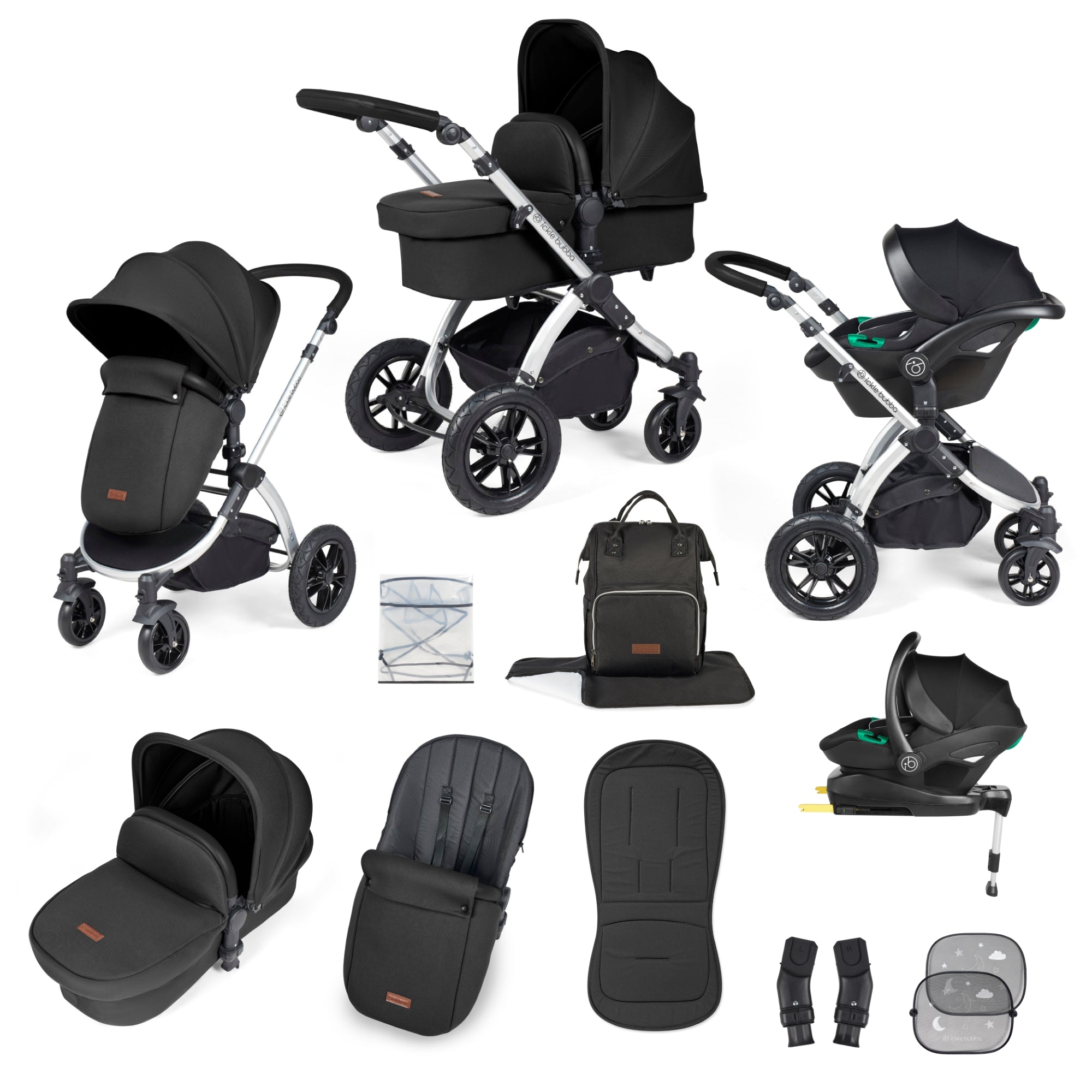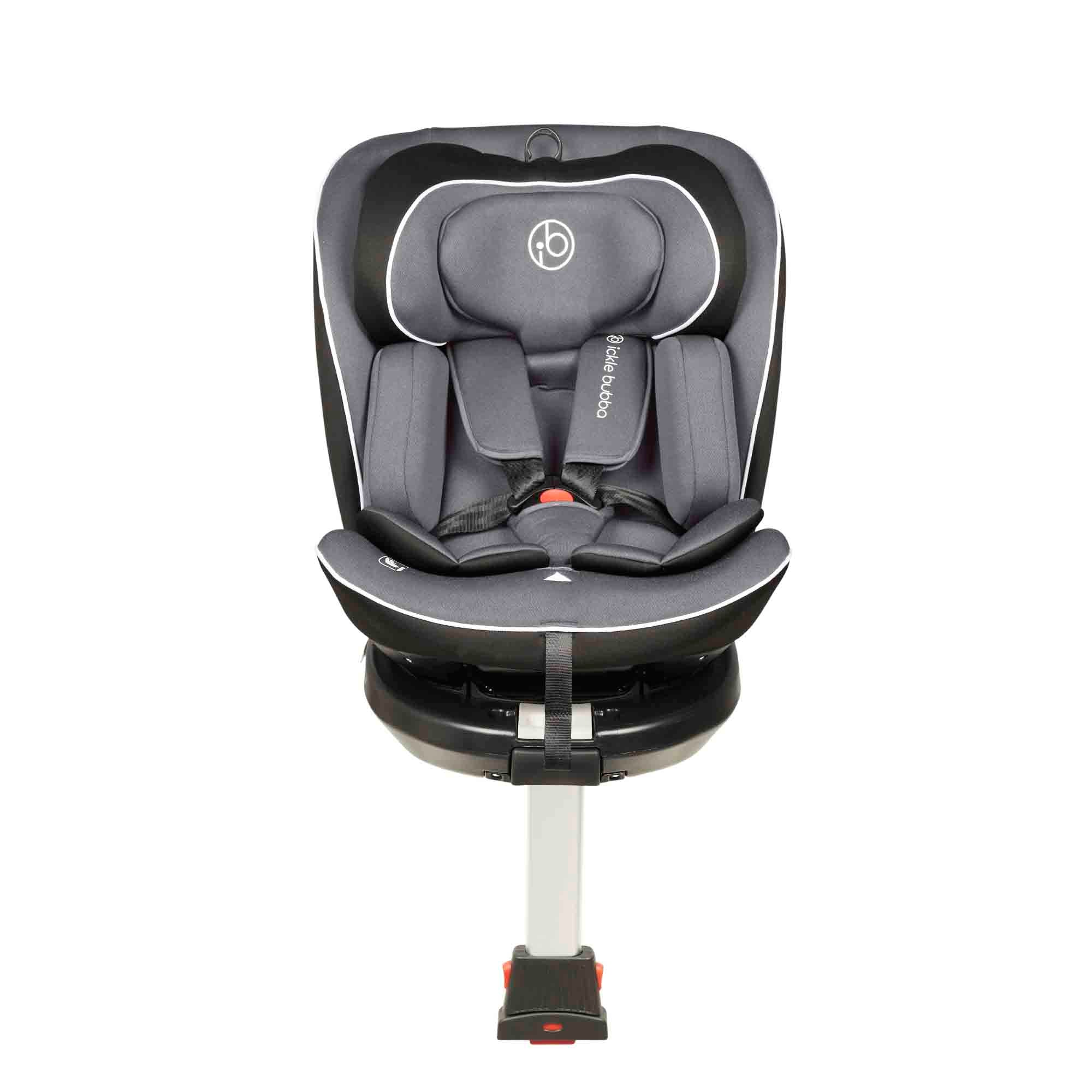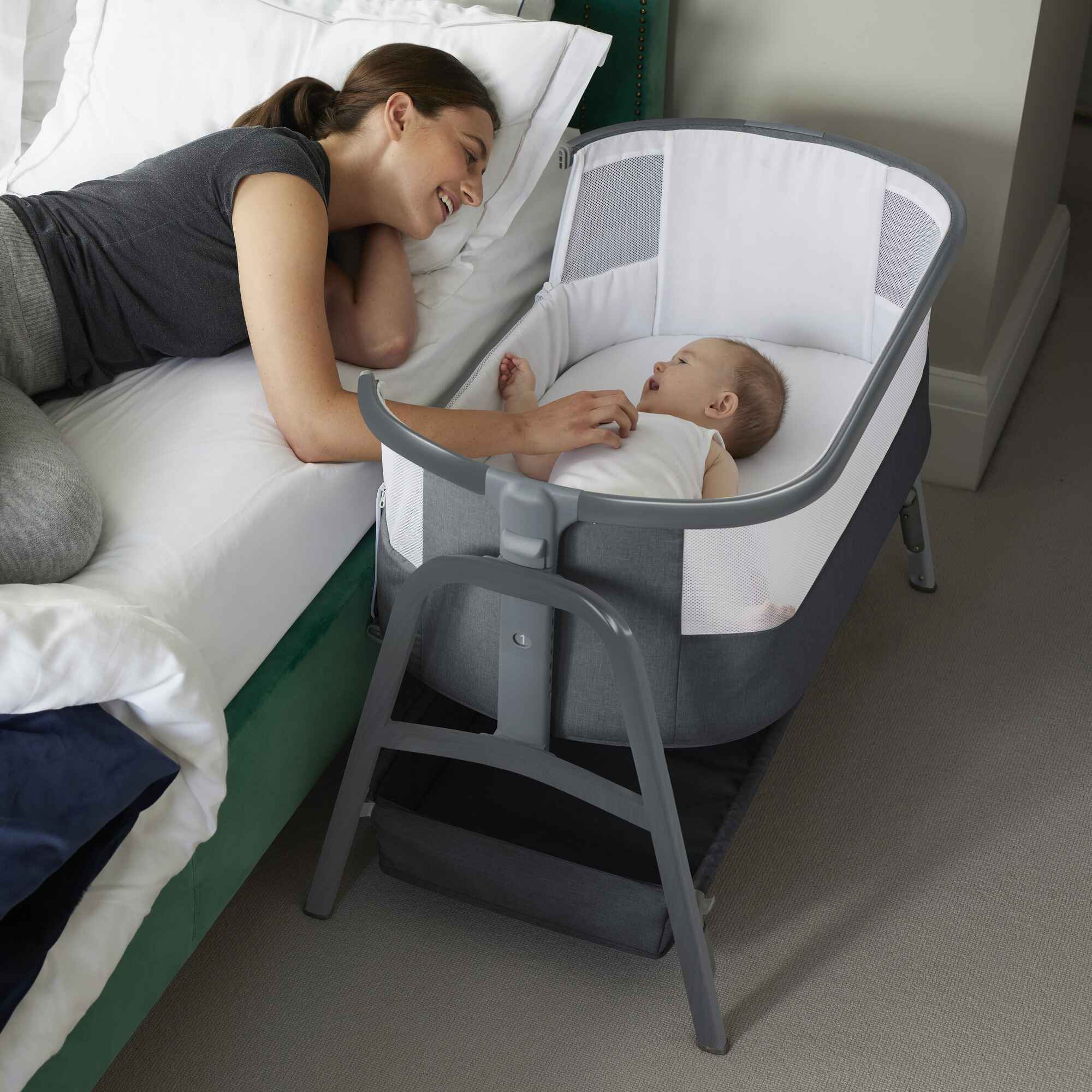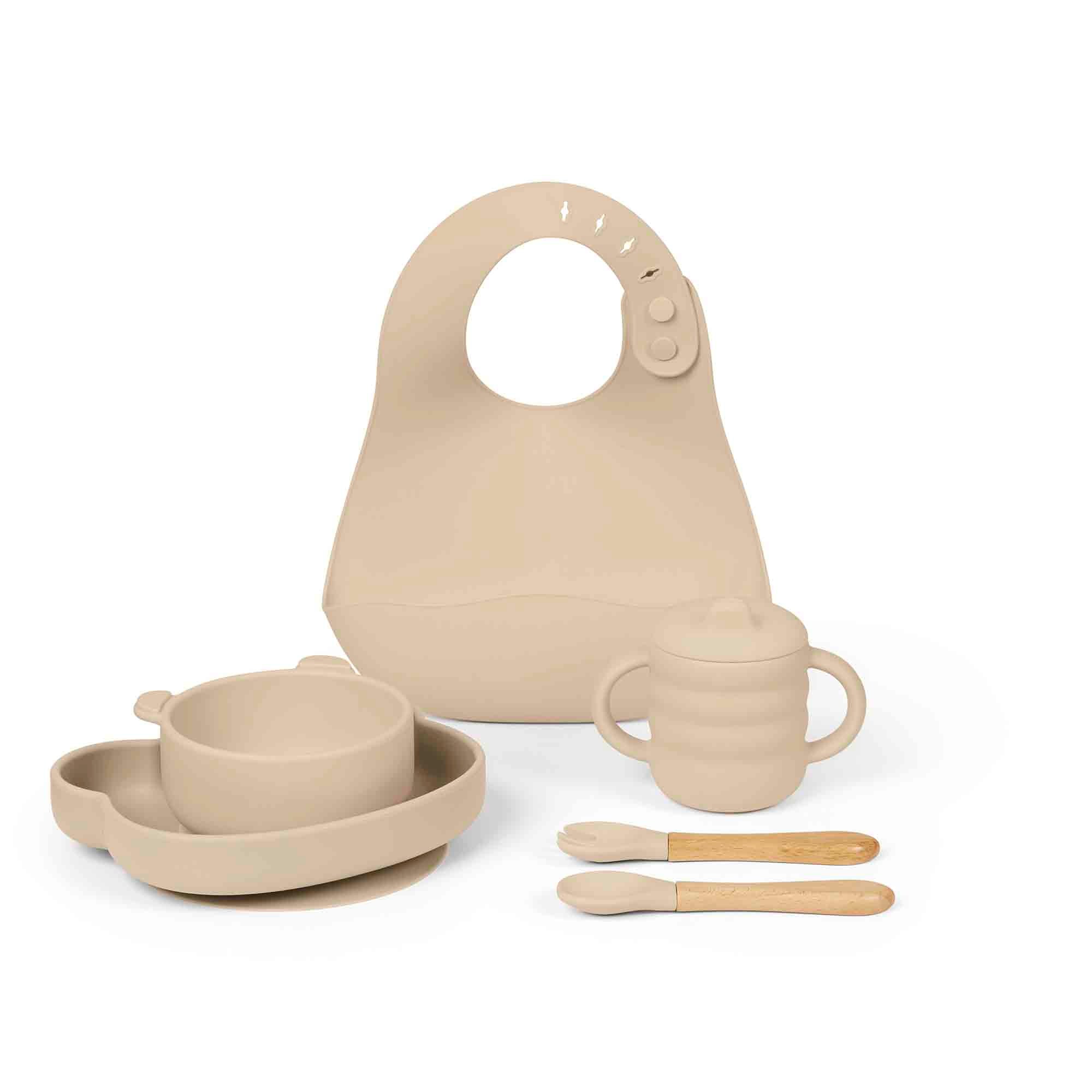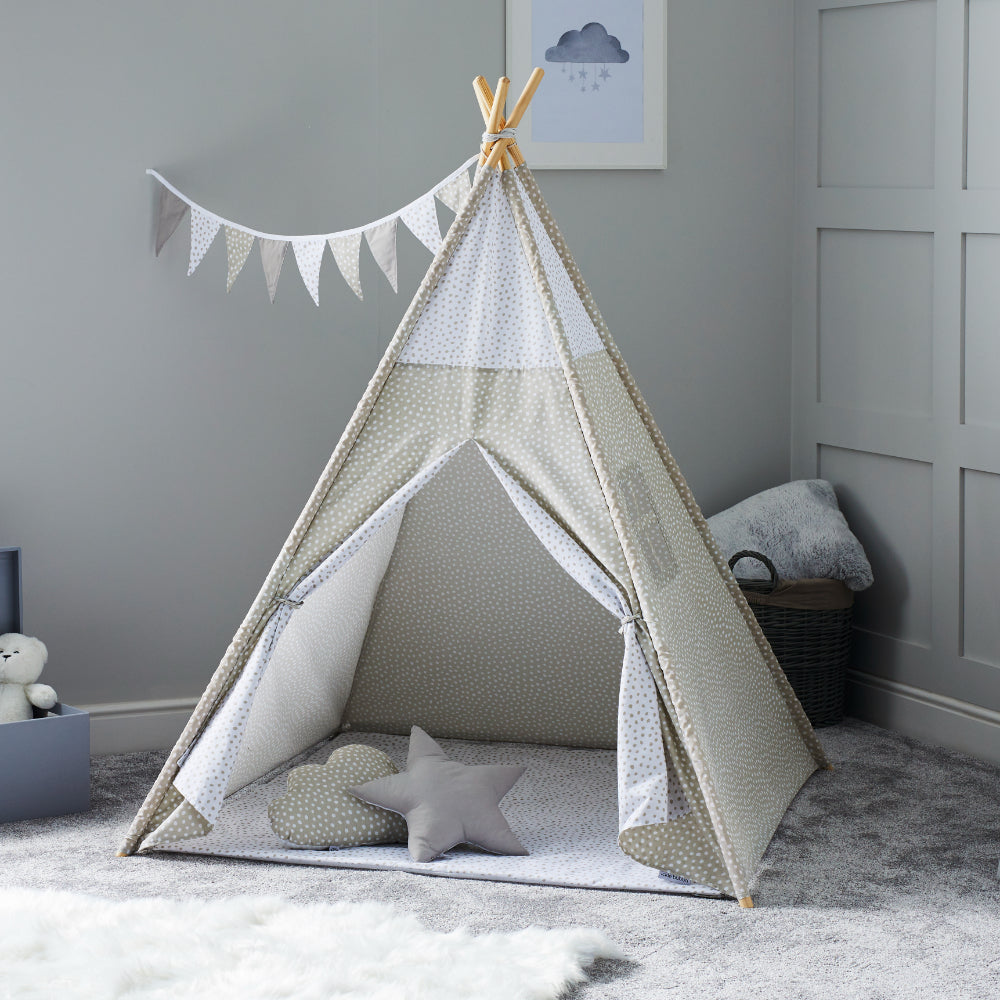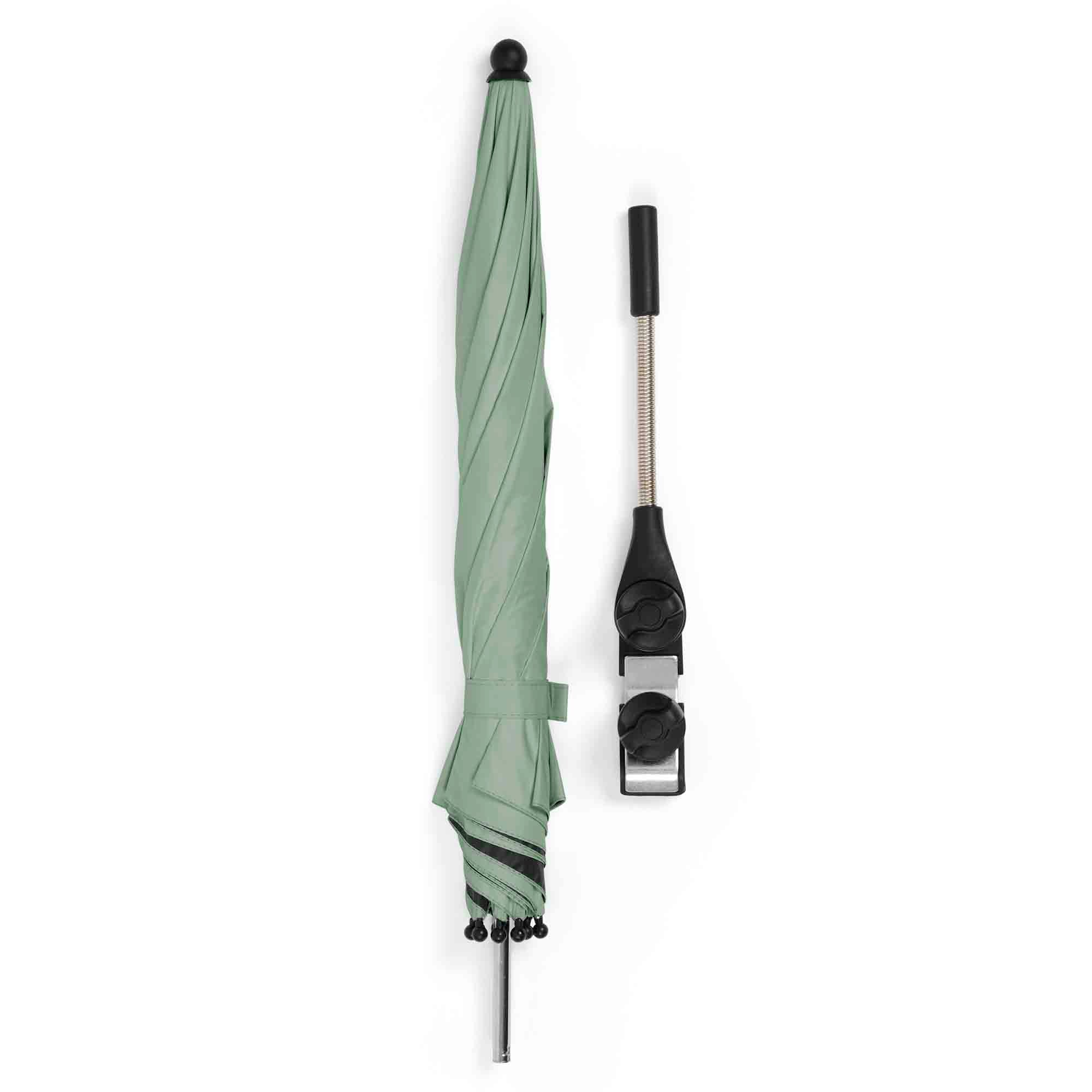Encouraging Your Baby To Talk
3 Ways To Help Your Little One Learn
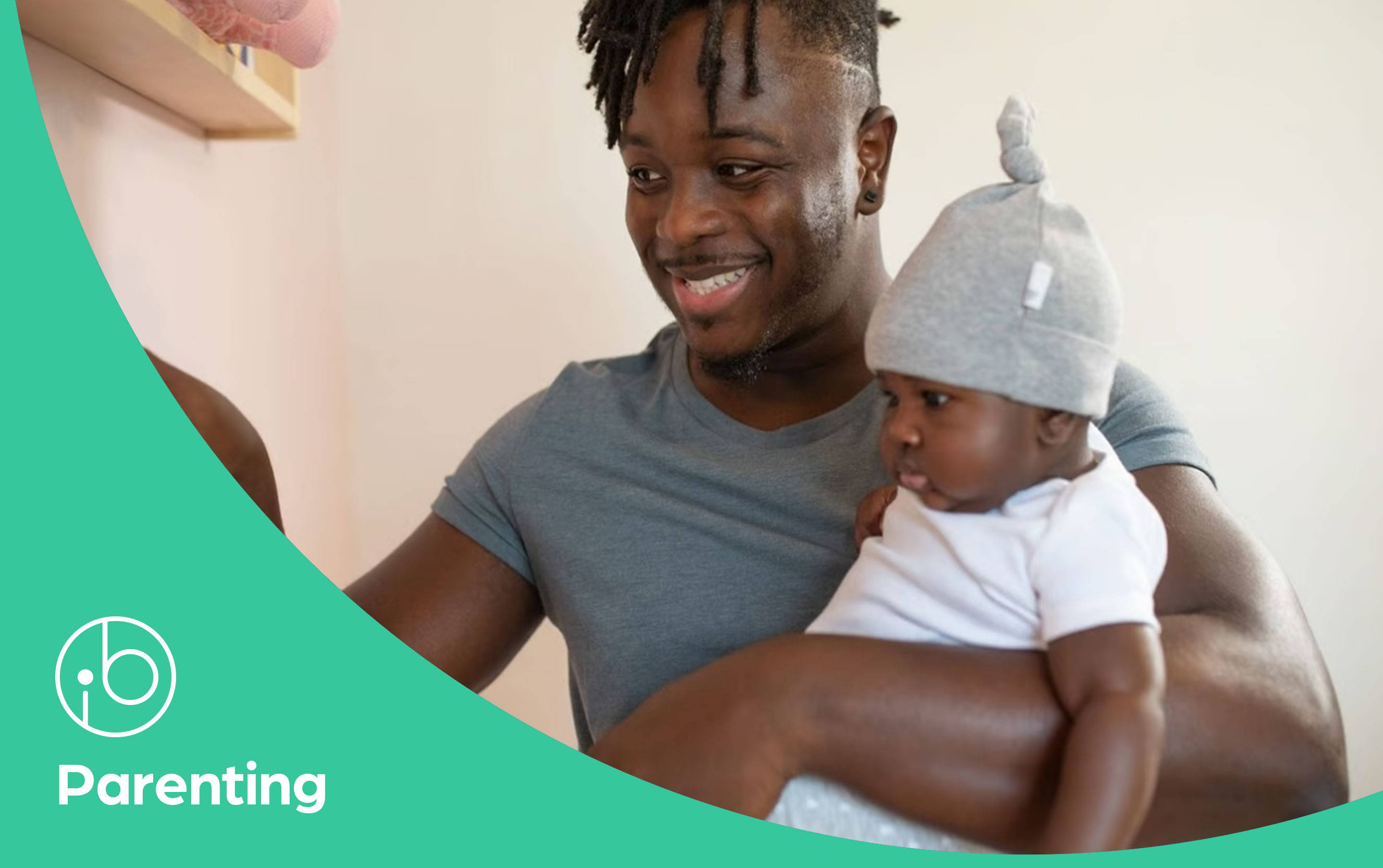
Between the ages of 9 and 12 months, many babies are beginning to understand a few simple words, such as ‘no’, ‘hiya’ or ‘bye-bye, and will begin to babble. On average, babies start to say their first real words at around 12-18 months old. All children are different, and develop at different rates, but if you want to help get your little one talking sooner, boost their vocabulary and enhance their emotional wellbeing, there are a few things you can do to help.
1. Talk to Your Bubba
Even before they can understand what you’re saying and join in the conversation, children are learning from you when you talk to them. Chat to your child about what you’re doing around the house, what you can see when you’re out and about, and the toys they’re playing with.
When your baby engages in babbling and ‘baby-talk’, engage with them: make lots of eye-contact, smile, and join in to create a two-way conversation. Repeat their attempts at words and add to them to build on their vocabulary, for example if your baby says ‘ball’, you could reply, ‘yes, that’s a big red ball’.
2. Share Familiar Books and Nursery Rhymes
Repetitive language, rhymes and rhythms all make it easier for babies to learn to talk. Enjoying a favourite book together is a great way to encourage your child to join in repeated phrases, point out familiar pictures and get in on the action. While it might feel frustrating to read the same book over and over again, just think of the wonderful benefits for your baby.
Similarly, singing with your little one also encourages early communication and is a fantastic bonding experience. Choose nursery rhymes from your own childhood, or fun songs with simple actions they can begin to copy as they grow in confidence.
3. Use a Parent-Facing Pushchair
Studies have shown that babies in prams, buggies and pushchairs that face the pusher are more likely to interact than those in world-facing pushchairs. In fact, according to a researcher from Dundee University, parents are almost twice as likely to interact with their child if they are facing them than if they are being pushed in a forward-facing buggy.
This interaction and communication with a primary caregiver is important in helping babies learn how to communicate, as well as lower stress-levels and anxiety. The study does not suggest that forward-facing pushchairs are harmful, and as toddlers become older they enjoy the stimulation of a changing environment, however face-to-face buggies have been shown to be more beneficial in terms of encouraging speech and interaction.
Summary
If you’re looking for a practical and stylish travel system that will help you encourage your little one’s communication and interaction with you, look no further! The Ickle Bubba range of travel systems can be both world-facing and parent-facing depending on your preference, and are suitable right up to toddlerhood, so you can chat with your little one wherever you go!
Read more: Find out more about your child’s early speech and language development at the National Literacy Trust’s website for parents, wordsforlife.org.uk/

